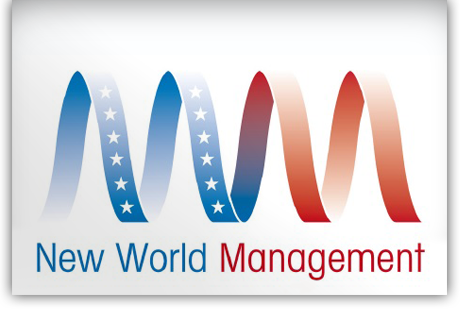Negotiating with a Manufacturer’s Representative
As any good dealmaker understands, knowing what your potential partner wants is half the battle to coming to an agreement that is satisfactory to the partner and that is acceptable to you.
Nowhere is this more important than in striking a deal with a manufacturer’s representative for the U.S. market, a market that can make or break your success depending on the decisions you make about who will be your “face” in the industry.
Like all of us, representatives are looking for good deals, deals that position them favorably relative to others selling similar products. The following items are the principle points representatives would like to have from you, the manufacturer:
What aspects should be discussed?
1 - Territorial Exclusivity: the right to be the “sole provider” of your product within a designated territory.
2 - A competitive product range: one that has market appeal or that is special, without a lot of competition.
3 - Support from the manufacturer: this could include after-sales support, technical training, and strong, competitive warranties.
4 - Parts availability: a reliable, speedy, and well-stocked source of most parts that may be required to keep your equipment in good working condition. Americans hate to wait, and those representatives with demonstrable domestic parts availability are in a better position to capture sales, even at a higher price point.
5 - Commissions: In addition to the expected commissions on the sales they generate, representatives would ideally like to receive commissions on “house accounts” that may be in their territory or on direct sales by the manufacturer in their territory.
6 - Enforcement: keeping other representatives and agents from selling in the territory of the representative.
7 - Freedom: both to price as they wish and to handle other lines. Reps need to “hedge their bets” and to ensure that when they call on a customer they have something in their “grab bag” that will appeal. Accordingly, it is very common for reps to handle several lines so as to have a wider offering when they walk in the door of their customer.
8 - Security: a contract that restricts the manufacturer from “dumping” the representative, especially after he has spent time and money developing the market in the territory for the manufacturer. He would also appreciate guarantees in his contract to ensure he is paid for the sales pending in the territory after the termination of the agreement.
9 - Independence: free from demands to provide information on the market and from frequent reporting. The representative also would like the right to terminate the agreement with the manufacturer when he wishes and to be free from close oversight.
10 - Preferential Treatment: including favorable credit terms, special deals and discounts, and paid trips to U.S. meetings and conferences.
Whereas no manufacturer actually gives all what is demanded by representatives, those that try hard to understand what is desirable and attractive to reps have a better chance of striking a deal that is mutually beneficial, rewarding and profitable. Manufacturers with relatively “unattractive” products (those that are either high priced or lacking features) may find that they have to concede more of these items than the manufacturer bringing an exciting, new and desirable product to market.
Selecting excellent reps is clearly a task that should be treated carefully. If that old adage is true that “you are judged by the company you keep”, a good rep can go a long way towards winning you business in the geographically vast U.S. marketplace.









